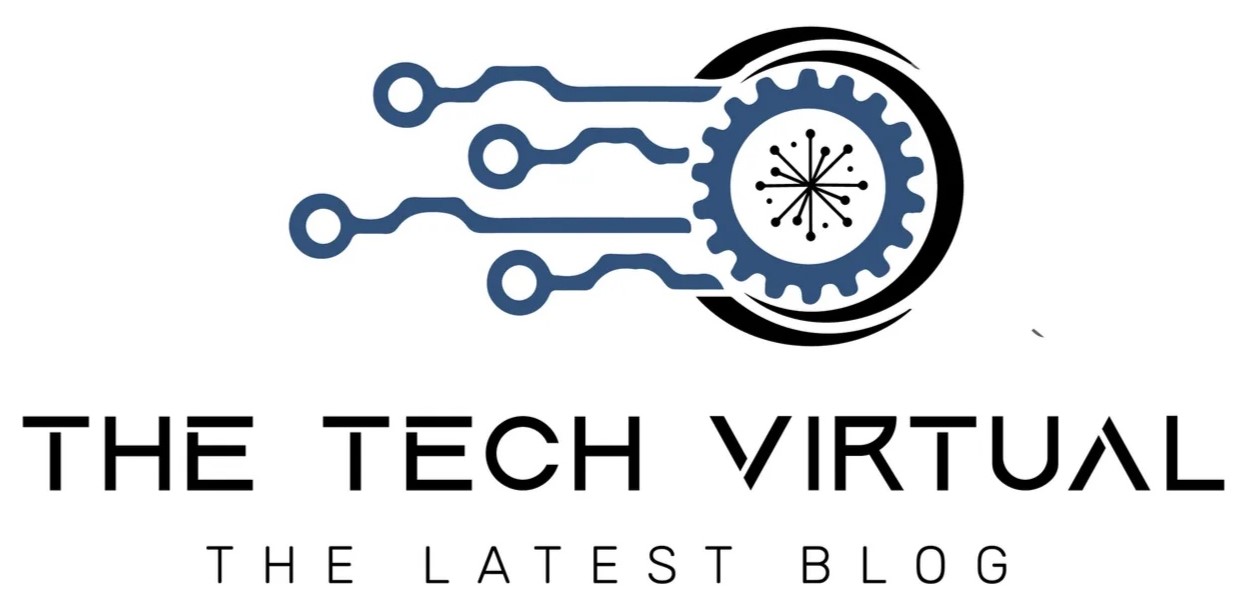How To Enhance Security and Trust in the Digital Age With Blockchain Identity Verification

As the digital landscape expands, ensuring secure and dependable identity validation has taken center stage. With the surge in online transactions performed by individuals and organizations, incidents of identity theft, fraud, and data breaches have significantly increased. Consequently, blockchain technology has emerged as a potential solution to bolster security and credibility in digital identity authentication processes.
The Hurdles of Conventional Identity Verification
Conventional identity validation methods typically involve sharing sensitive personal data, including social security numbers, addresses, and financial information. This data is stored in centralized repositories, rendering them susceptible to cyberattacks. Numerous cases of data breaches have heightened concerns about the protection and privacy of personal information.
Additionally, existing identity authentication processes can be unwieldy, lengthy, and error-prone. People must submit comprehensive documents and undergo several verification steps, which ultimately results in user exhaustion and annoyance. Businesses and financial institutions are also burdened by managing intricate and expensive identity authentication systems.
The Significance of Blockchain in Identity Validation
Blockchain technology presents a promising remedy for the limitations inherent in traditional identity verification approaches. Fundamentally, blockchain is a decentralized and unchangeable digital register that guarantees data transparency, security, and accuracy. These traits make it a prime contender for transforming the way identity authentication is carried out.
A key benefit of employing blockchain for identity validation is its decentralized nature. Rather than depending on a single centralized authority to authenticate identities, blockchain enables a network of nodes to collaboratively confirm and store identity information. This abolishes the need for a single point of failure while reducing the likelihood of data breaches and unauthorized access.
Staking crypto, for example, often facilitated through blockchain-based identity verification, allows users to participate in secure and efficient network validation while retaining control over their personal data, fostering a new level of trust and engagement in the digital ecosystem.
Understanding the Blockchain Identity Verification Process
The method of identity authentication using blockchain technology relies on cryptographic processes. A distinctive digital identity is generated and connected to a cryptographic key when a person or an entity needs to validate their identity. This key, along with any relevant identity details authenticated by reliable sources, is securely preserved on the blockchain.
To authenticate their identity across various situations, users can share their cryptographic key without exposing confidential personal information. Authorized parties can then access only the required data for the transaction using this key, while the user retains authority over their information. This not only heightens privacy but also minimizes the chances of identity theft, as there is no centralized storage of personal data that could be susceptible to cyberattacks.
Benefits and Challenges
Blockchain-based identity verification offers a range of benefits that extend beyond security. The streamlined and efficient verification process eliminates the need for repetitive documentation and authentication steps, saving time and reducing friction for users. Additionally, the transparent nature of blockchain ensures that transactions and verifications are recorded immutably, reducing the potential for disputes.
However, challenges remain in adopting blockchain identity verification on a larger scale. Interoperability between different blockchain networks and traditional systems must be achieved to ensure seamless identity verification across platforms. Additionally, the process of onboarding individuals onto blockchain-based identity systems requires careful consideration to prevent the exclusion of those without access to technology.
Also read Crypto for Beginners: 7 Quick Tips
The adoption of blockchain technology for identity verification signifies a transformative shift in establishing trust and security within the digital realm. By employing decentralized networks, encryption techniques, and an unalterable nature, blockchain provides a feasible alternative to the issues that conventional identity verification methods present.
Although technical and societal obstacles must be addressed, the potential advantages regarding security, privacy, and efficiency make blockchain-centered identity verification a promising prospect for the years ahead. As this technology evolves, it has the capacity to redefine how we engage, carry out transactions, and confirm identities in the digital era.






